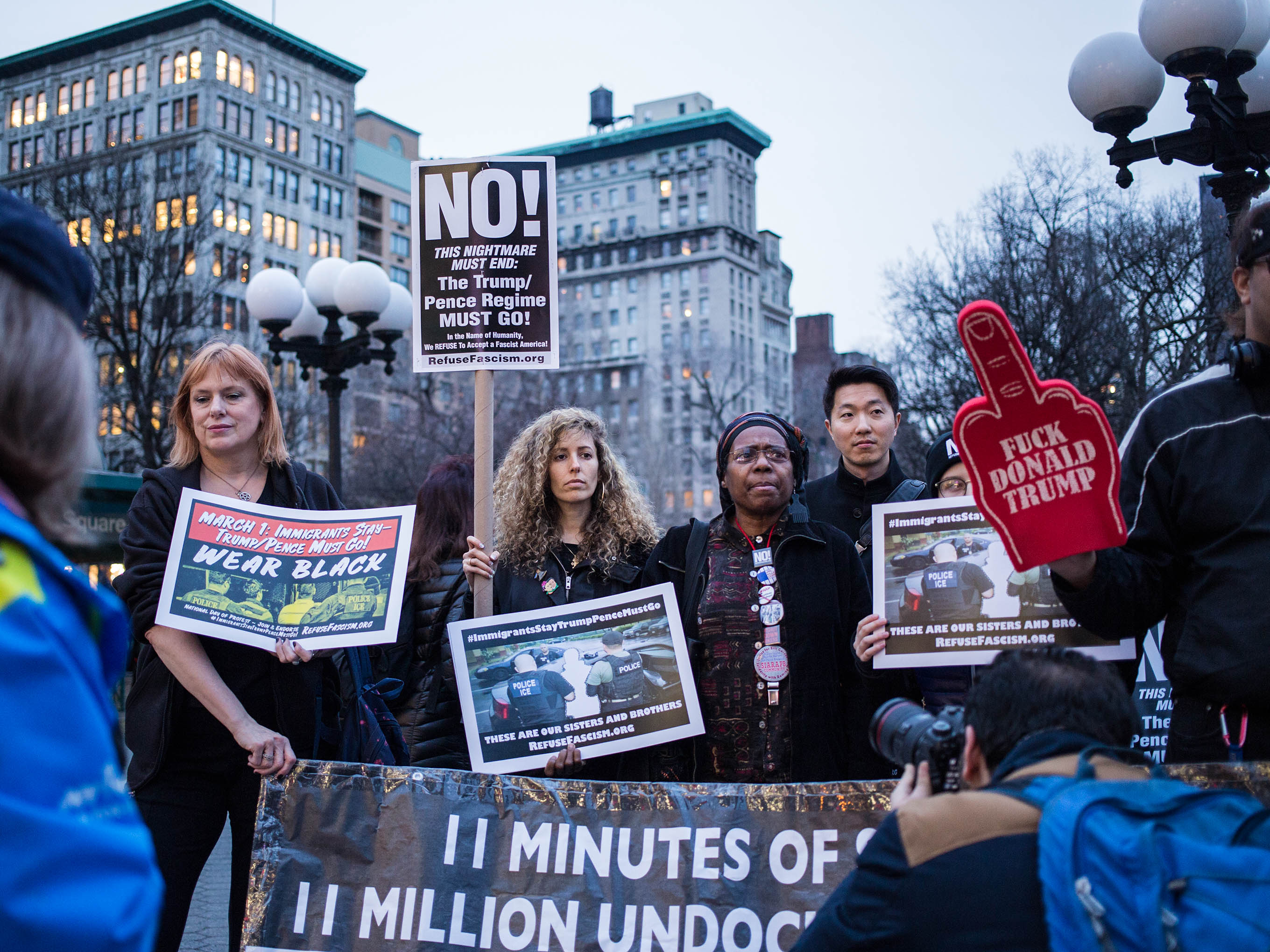I’ve just lost a friend. He didn’t die. Our friendship of 41 years expired—burned up, shredded—in one email exchange.
Jack—I’ll call him that—grew up in San Mateo County, California, the son of a municipal civil servant in what was a Leave-It-to-Beaver suburb that has since spawned some of the most expensive zip codes in the nation. After high school and one desultory semester of community college, Jack was drafted and spent one year as a combat infantryman in Vietnam.
When I met him, I was a hippie and so was Jack. We lived in the Canadian Rockies and worked on trail crews and construction jobs. We did 10-day hikes in grizzly country, and backcountry ski trips, and taught ourselves to paddle quick, cold, whitewater rivers—the Bow, the Athabasca, the Kootenay.
Jack was an extraordinarily handsome guy with a generous heart and a streak of anger that sometimes cracked through his gentle manner. Barking dogs or people playing radios in campgrounds lit Jack’s fuse. He never had any qualms about confronting offenders.
Jack didn’t like taking orders. He’d walk off the job and down the mountain if he didn’t like the foreman’s tone of voice. Without a paycheck he could always borrow supplies from friends.
That was the hippie ethos: we’re all brothers and sisters, right?
I remember a friend’s remark: “Put away the peanut butter—Jack’s coming over.”
Every space he lived in—log cabins, wall tents, the back of his old truck—reflected a clean, spare style. Jack had an eye for beauty. His relationships with women never lasted.
He was a landed immigrant, the Canadian version of resident alien status. The border was wide open then, thanks to Prime Minister Pierre Elliot Trudeau’s policy of welcoming draft-age Americans—I remember Jack saying how grateful he was to PET. Jack was a veteran, but plenty of guys we knew came north as draft refugees.
Like the rest of us, Jack was covered by the province of Alberta’s free medical insurance plan. He had the same rights as a Canadian citizen except he couldn’t vote.
Jack didn’t talk much about his experiences in the recon platoon. He spent his first days back home taking long walks on empty Northern California beaches. Sand and saltwater helped heal jungle rot on his feet.
He was irritated by the cliché of the troubled vet. In those days no one mentioned PTSD, but there may have been something of that in his restlessness, his short fuse. Or maybe that was all about growing up with a father who was often angry and let anyone know it, sometimes with his fists.
Jack the California boy found Canadian winters rough, and in the mid-Eighties he relocated to the United States. I visited him in northern New Mexico. He visited me at Stanford when I had a fellowship. With a group of Banff friends we ran a 10-day canoe trip through the lower canyons of the Rio Grande, in the Big Bend of Texas.
Jack settled in the Sierra foothills. We exchanged a couple of letters a year, then emailed more frequently. Eight years ago I received an email that sounded rhapsodic. Jack had “found Jesus,”and “all those wasted hedonistic years are over, thank God.” He suggested I check out the teachings of a couple of evangelical preachers, “solid men of God.” When I did, they sounded to me like charlatans. But other people’s religions almost always seem wrongheaded, don’t they?
We kept in touch mostly through my Autoliterate blog, which aims to apply the aesthetic discourse to everyday objects and is mostly about the beauty of beat-up old trucks. Jack contributed JPEGs of wonderfully weathered Fords and Chevys he encountered on his travels in the West. The man had an eye.
A couple years ago he mentioned packing a pistol when he was on the road. It sounded unlike the man I knew. I didn’t respond. He also wrote movingly of visits to Vietnam War memorials. Then, in September 2016, he sent his JPEG of the back bumper of a Buick. “Pulled up behind a car at Starbucks today. Surprised to see New York plates. Best part though was the dealer’s sticker; WHITEMAN!”
Hmmm.
He still called me brother.
Born in Montreal, I live in Maine. I sometimes teach in Canada. I’m a dual citizen and like many Canadians was annoyed with President Trump’s rude tweets about Prime Minister Justin Trudeau during and after the president’s brief-as-possible visit to Quebec City.
Autoliterate steers clear of politics. Many contributors are from small towns in red states, the heart of the heart of old truck country. But after Donald dissed the PM, I posted some old Saskatchewan farm trucks and referred to Canada as TCFKAOA: The Country Formerly Known as Our Ally.
A couple hours later Jack emailed: “Here’s a suggestion; GO HOME if you’ve got a problem with OUR new president! Really. Or, quit being a WACLOAS … WHINY-ASS CANADIAN LIVING ON AMERICAN SOIL!!”
Stunned, I wrote back to say I wished to have no further contact with him unless it included an apology.
What I got a few minutes later was “I’m tired of your liberal jabs at politics and religion. I hereby UNSUBSCRIBE from the blog. I’ll miss the trucks. Nice knowing you.”
So, over and out.
Jack’s Jack. The anger was always there. Maybe it used to be checked by the wild rivers we paddled, Bay Area blues clubs we hung out in (Jack played a mean blues harp), news of the world taken in from the Canadian Broadcasting Corporation, the (Toronto) Globe & Mail, the San Francisco Chronicle. We don’t share any of those things anymore. Especially, I suspect, our media choices.
What’s it like losing a friend of 41 years? A “brother”? It sucks. It’s like a wound. I’ll get over it. I wonder if this country can.
Peter Behrens’ most recent novel is Carry Me.





A story that is so familiar in our new universe. We changed so fast it is hard to believe…’n